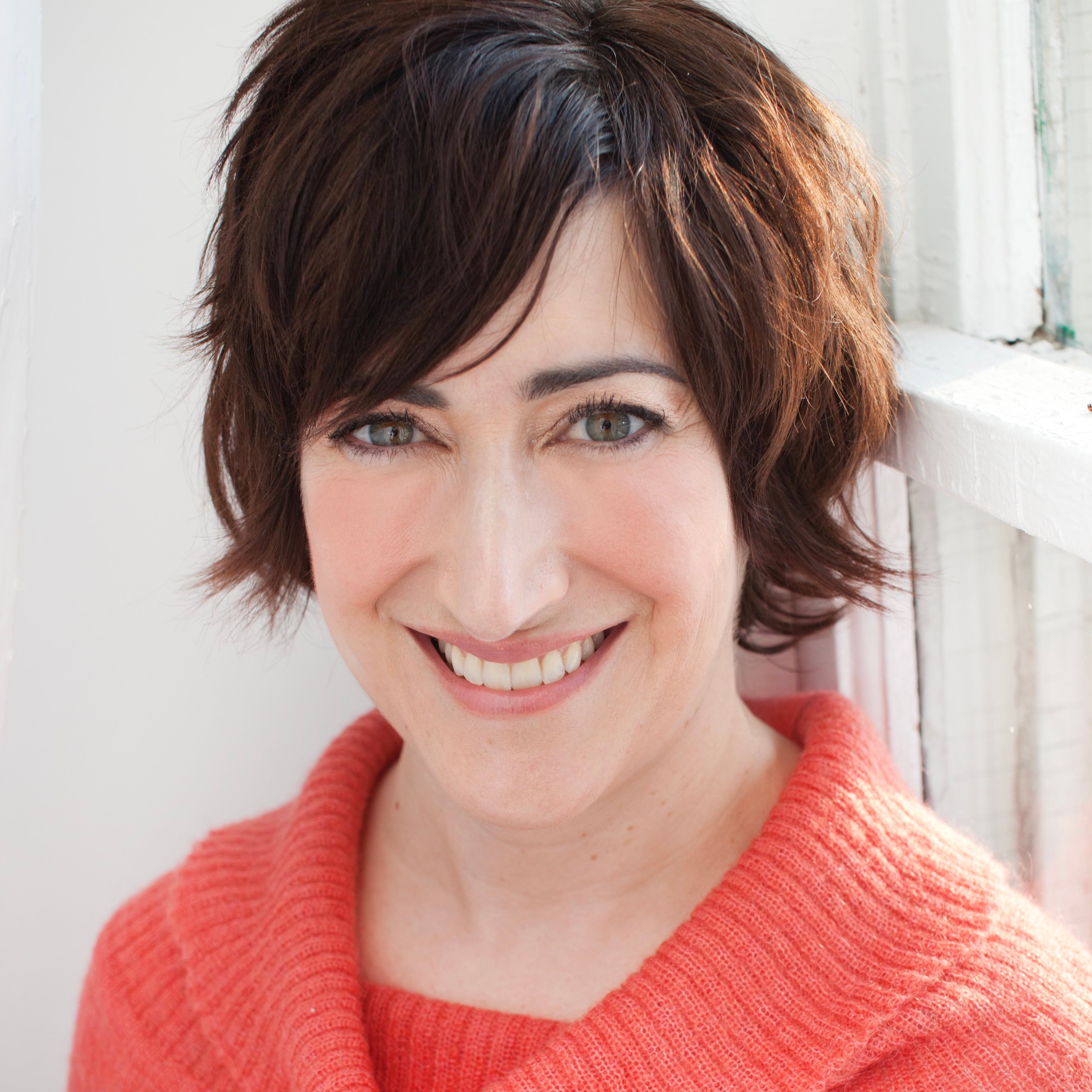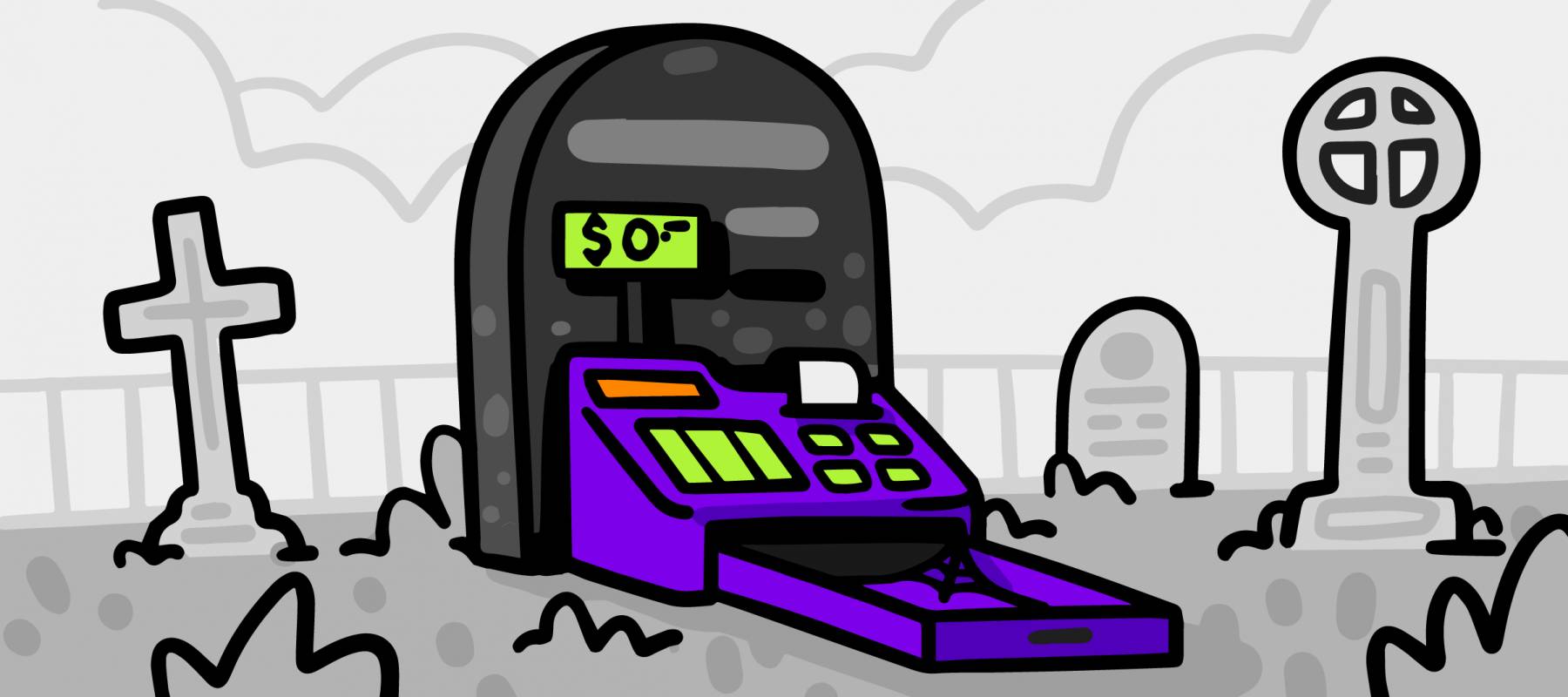Best First Home Savings Accounts (FHSAs) in Canada
Fact Checked: Amy Tokic
Updated: January 03, 2025
Buying a home is likely the biggest purchase you’ll make in your lifetime. Saving up for a down payment can seem daunting for a first-time homebuyer trying to get a foot in the housing market.
While the Home Buyers’ Plan (HBA) is already an option, a new registered account—which came into effect on April 1, 2023, with offerings from financial institutions slowly rolling out since then—could help you save up for a down payment.
What is an FHSA?
A tax-free First Home Savings Account (FHSA) can help you put aside up to $40,000 in tax-free savings to put toward your first home. Contributions to this account are tax deductible and the funds can be utilized as a down payment on your first home without any obligation for repayment. While the amount of a down payment depends on the purchase price of the home, putting down 20% means you won’t have to pay mortgage default insurance.
Here’s what you need to know about FHSAs in Canada.
Compare the best FHSA savings rates
| Bank/Investment company | Rate |
|---|---|
| Qtrade | Subject to market |
| BMO | 2.50% |
| CIBC | 2.75% |
| Desjardins | 2.75% |
| EQ Bank | 2.00% |
| Saven Financial | 3.50% |
| Scotiabank | 0.25% |
New Qtrade clients who open a new qualifying account can receive an additional $150 cash-back bonus. Other current promotions include:
- Get up to 5% cash back
- Unlimited free trades until April 30, 2025
- Receive up to $150 rebate per transfer when you transfer $15,000+
- Promo Code: CASHBONUS2025
FHSA rules
Once you open an FHSA, you can keep it open for 15 years or until you use the money to buy a home (at the end of the second year after purchase). To withdraw your funds, you’ll need proof of a written agreement to buy or build a home in Canada—which will serve as your principal residence—before October 1 of the year that follows the withdrawal.
Who can open an FHSA?
So long as you meet the eligibility requirements, and you (or your spouse or common-law partner who you live with) haven’t owned or jointly owned a home in the previous four calendar years, you can open an FHSA.
Who’s eligible for the FHSA in Canada?
Aside from being a first-time homebuyer, you must be a Canadian citizen and at least 18 years of age, but not older than 71 (on the year you open the account). You also need a valid Social Insurance Number (SIN).
What are the contribution and withdrawal considerations for an FHSA?
You can contribute up to $8,000 per year, with a lifetime contribution limit of $40,000. Unused contribution room can only be carried forward one year. So, if you contribute $2,000 in 2024, you could contribute an extra $6,000 in 2025, for a total of $14,000. Contribution room begins when you open the account.
How can the FHSA be used?
Unlike a Registered Retirement Savings Plan (RRSP) or Tax-Free Savings Account (TFSA), withdrawals from your FHSA can only be used to buy a qualifying home. Any withdrawals—including investment gains—are tax-free, but if you use the money for something other than a qualifying home, that money will be considered taxable income.
Using an FHSA with other accounts and home-buying programs
You can have an RRSP, TFSA and FHSA. If you have money in your RRSP, you can take advantage of the Home Buyers’ Plan (HBP), which allows first-time homebuyers to make a tax-free withdrawal up to $35,000 from their RRSP. This withdrawal must be repaid over 15 years; otherwise, it’s considered taxable income.
If you’re buying a home with another person, you can combine FHSA and HBP withdrawals for a combined $80,000 from your FHSAs and $70,000 through your HBPs—which totals $150,000, which is a pretty decent down payment. That number doesn’t include any potential investment growth you’ve earned in your FHSA, which is also tax-free. To boost this even further, you can tap into money you’ve saved up in a TFSA.
Comparing RRSPs and TFSAs
With TFSAs, you don’t receive a tax deduction for your contributions, but you can make tax-free withdrawals whenever you want. RRSPs can be used as a tax deduction, but withdrawals are considered taxable income (hence, why people usually withdraw from them in retirement, when they don’t have a lot of income coming in). With an FHSA, contributions are tax deductible and withdrawals are tax-free. The catch? You can only use FHSA withdrawals for the purchase of a qualifying home, or you’ll end up paying tax.
Are FHSAs deposit-insured?
Separate coverage of $100,000 is offered by the Canada Deposit Insurance Corp. (CDIC) for eligible deposits held in an FHSA, including GICs and term deposits. However, it doesn’t cover other types of investments, such as stocks, bonds or mutual funds.
Pros and cons of the FHSA
Pros
-
Contributions up to $8,000 per year are tax-deductible
-
Investment growth and withdrawals are tax-free
-
No repayment required
Cons
-
The funds can only be used for the purchase of a qualifying home
-
If a withdrawal doesn’t meet the criteria, it becomes taxable income
-
The lifetime maximum of $40,000 may not be enough for a down payment
How to choose an FHSA in Canada
FHSAs are now available at more than 20 banks and financial institutions in Canada. But choosing one requires a bit of research. First off, do you prefer to ‘set it and forget it’? Do you prefer to work with an investment advisor? Or do you have investment experience and prefer to self-direct your own investments?
Some offerings are similar to a savings account, often with a competitive promotional interest rate. If you want to earn tax-free interest but don’t want to take risks with your money, then this could be a good fit.
Other offerings allow you to invest in products such as stocks, mutual funds and exchange-traded funds (ETFs). If you have more experience with investing, you might prefer a self-directed online brokerage. But you can also choose to have an investment advisor manage your assets.
Keep in mind, however, that your money won’t be sitting in an FHSA for a long period of time, like an RRSP. After all, you want the money available if you happen to find your dream home, so you may want to avoid high-risk products.
Will the First Home Savings Account actually help you buy a house?
Despite an economic slowdown, the real estate market is still challenging, with the aggregate price of a home in Canada increasing to $789,500 in the fourth quarter of 2023, according to the Royal LePage House Price Survey. And some markets—like Toronto and Vancouver—are a lot higher than that.
Assuming you could max out your FHSA and HBP, it still might not be enough for a 20% down payment (unless you’re able to combine that with a spouse or common-law partner). But $40,000 of tax-free cash (or $75,000 when combined with the HBP) can certainly help make the dream of homeownership a reality.
Tax advantages
Your contributions are tax-deductible, which means if you contribute the maximum of $8,000 in one year, your taxable income would decrease by $8,000, similar to how RRSP contributions work. Withdrawals are also tax-free, including any investment gains. In other words, you get a tax break on contributions and withdrawals.
FHSA vs. Home Buyers’ Plan?
The Home Buyers’ Plan (HBP) allows first-time homebuyers to withdraw up to $35,000 from their RRSP to put toward the purchase of a home. A withdrawal from your RRSP—as part of the HBP—is tax-free, but you’ll have to pay it back. At a minimum, you have to pay back 1/15th each year for 15 years. So, if you withdraw $15,000 from your RRSP as part of the HBP, you’d have to pay back $1,333 per year, over 15 years, starting two years after the withdrawal. However, you can pay back the full amount at any time.
Of course, this is only an option if you have enough money in your RRSP. And, if you miss a repayment, that counts as income, which means you permanently lose that RRSP contribution room.
With an FHSA, you don’t have to repay anything, but you can only keep the account open for 15 years. If, for whatever reason, you don’t buy a home during that time, you can transfer your money to an RRSP or Registered Retirement Income Fund (RRIF). In this case, you don’t have to worry about overstepping your contribution room since FHSA transfers don’t count toward it.
Modest contribution limit
If the average cost of a home in Canada is $789,500, putting aside $8,000 a year won’t make a big dent in a down payment if you plan to buy in the next couple years (though you may at least have enough for closing costs or a down payment on a pre-construction condo). If you’re not planning to buy a home for five years or more, then it can be a useful savings vehicle since it’s tax-free and no repayments are required. And if you decide not to buy a home, you can always transfer your money to an RRSP without impacting your contribution limit.
Should I open an FHSA?
Deciding to prioritize an FHSA or RRSP depends on your financial goals. If your priority is to buy a home, then you may want to consider opening an FHSA (versus relying on your RRSP for the HBP) since you gain tax benefits on both contributions and withdrawals, and you don’t have to worry about repayments.
If you make a higher-than-average salary, the contribution space of an FHSA ($8,000 a year) may not be enough. In this case, you may want to focus on your RRSP (which has contribution room of 18% of your previous year’s income, capped at $31,560 for 2024). Of course, if you have the money, you can max out both, which would lower your taxable income.
Where should I open an FHSA account?
You can open an FHSA account with any bank or financial institution that offers it. You don’t have to go through your regular bank and, in fact, it may be best to shop around since offerings are still somewhat limited.
If you’re looking for a simple savings account with tax-free interest, the rate will be an important deciding factor—but check if the rates on offer are promotional and when they expire. Some financial institutions offer tailored investments through advisors (depending on your risk tolerance and timeline), while others offer platforms for self-directed investments.
Is the FHSA worth it?
If you’re dreaming of homeownership, then opening an FHSA could help you stash away cash for a down payment. Since contributions and withdrawals are tax-free, this may be a better option than TFSAs or high-interest savings accounts (where contributions aren’t tax-deductible). If you decide in the end not to buy a home, you could transfer those funds to an RRSP, which could add an additional $40,000 to your RRSP contribution room.
FAQs

Vawn Himmelsbach is a journalist who has been covering tech, business and travel for more than two decades. Her work has been published in a variety of publications, including The Globe and Mail, Toronto Star, National Post, CBC News, ITbusiness, CAA Magazine, Zoomer, BOLD Magazine and Travelweek, among others.
Disclaimer
The content provided on Money.ca is information to help users become financially literate. It is neither tax nor legal advice, is not intended to be relied upon as a forecast, research or investment advice, and is not a recommendation, offer or solicitation to buy or sell any securities or to adopt any investment strategy. Tax, investment and all other decisions should be made, as appropriate, only with guidance from a qualified professional. We make no representation or warranty of any kind, either express or implied, with respect to the data provided, the timeliness thereof, the results to be obtained by the use thereof or any other matter. Advertisers are not responsible for the content of this site, including any editorials or reviews that may appear on this site. For complete and current information on any advertiser product, please visit their website.
†Terms and Conditions apply.





